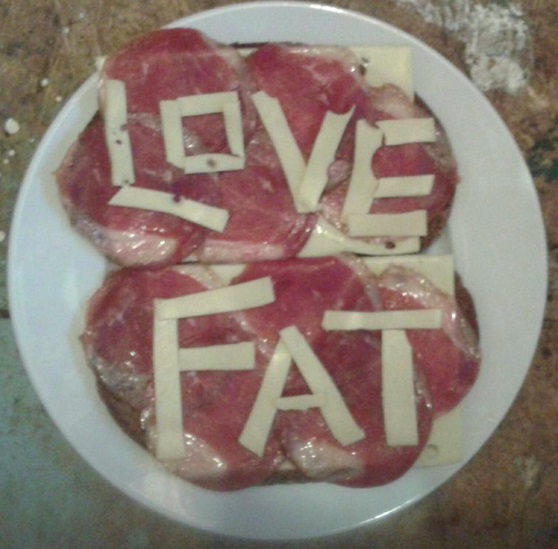The Subversive Potential of Fat in Sarai Walker’s Dietland

In the era of the “obesity epidemic,” fat has become a politically charged topic. It thus often provokes an overtly politicized response from writers of fiction. One such novelist is Sarai Walker, whose 2015 book Dietland links cultural attitudes toward women’s eating and body size to other feminist political concerns ranging from rape culture to domestic violence to gender gaps in employment. In Dietland, the restrictions on the amount of space that women take up become a metonymy for all of the restrictions placed on women’s lives in a patriarchal culture. When the main character, Alicia (nicknamed Plum), begins to understand the connection between diet culture and other forms of patriarchal oppression, she is able to let go of her…

